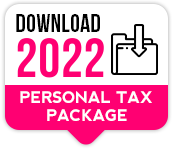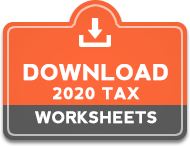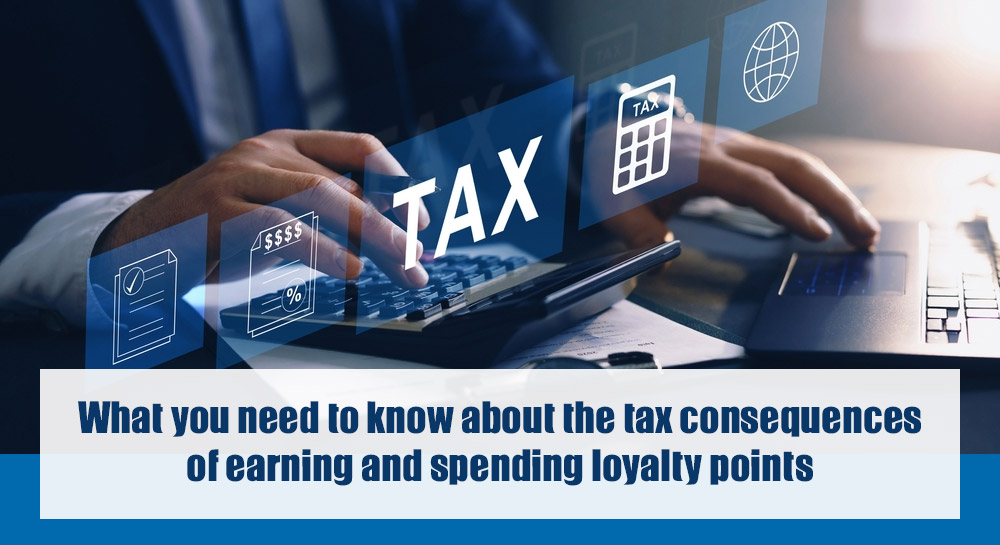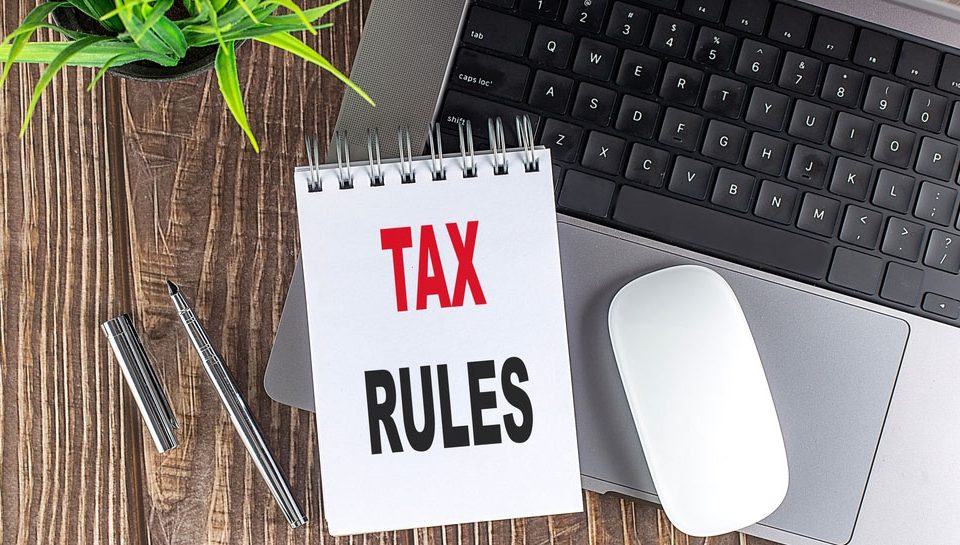
Federal Budget Commentary 2022
April 15, 2022
Who should worry about the wave of rate increases this year, who shouldn’t and what every stressed-out borrower should do right now
April 25, 2022If your points come from either business travel or using a personal credit card to pay for business expenses, you need to be aware of the tax implications
A Calgary ‘land flipper’ was handed a 15-month conditional sentence and a fine of more than $643,000 after evading taxes he owed on a multi-million dollar land transfer.
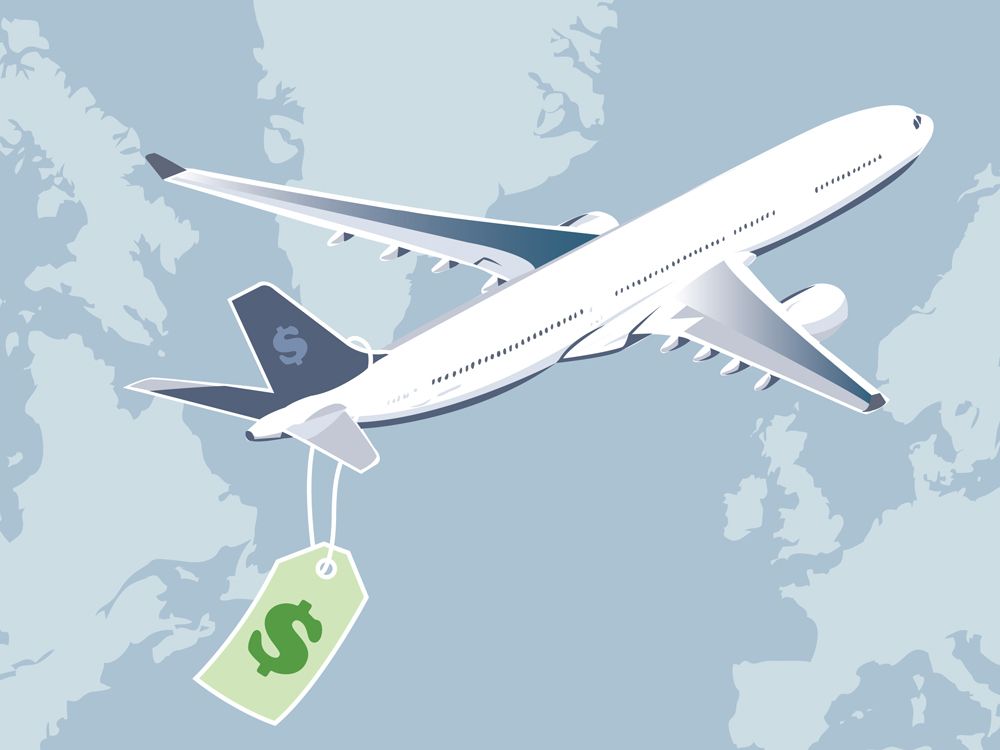
But be sure to consider the tax consequences before redeeming those loyalty points, especially if you’ve accumulated some of the points through travel for work or business expenses. PHOTO BY ILLUSTRATION BY CHLOE CUSHMAN/NATIONAL POST FILES
Canadians love collecting loyalty points. Indeed, a recent CIBC Poll found that more than half of credit card holders earn points towards travel, merchandise and other rewards, and are sitting on an average of 48,800 points on their main credit card.
But be sure to consider the tax consequences before redeeming those points, especially if you’ve accumulated some of the points through work.
Before you panic, the majority of us need not be too concerned since loyalty points and airlines miles are awarded to us exclusively in the course of our regular personal expenditures or travel. As a result, there are no tax consequences when we earn them (it’s like getting a discount on future spending or travel), or when we redeem them.
But it may be a different story if your points come from either business travel or using a personal credit card to pay for business expenses such as office supplies or business lunches, and are then reimbursed for those expenses by your employer.
Practically speaking, this had always been a challenge for employees for a few reasons. First, what is the fair market value of that free flight to Las Vegas? More significantly, was that free vacation attributable to points earned while flying on employer business or to points earned on personal spending charged to that same credit card? If points are commingled, are the taxable employer-earned points or the non-taxable personally earned points used first?
Fortunately, the CRA changed its view a number of years ago. The taxman’s current position is that an employee only needs to include a taxable benefit in income if the points are converted to cash or the points are considered to be an alternate form of employee remuneration.
In these cases, the taxable benefit is equal to the fair market value of the personal rewards received during the year. If the employer controls the points (say, on a corporate credit card), then this benefit must be reported on the employee’s T4 slip.
Let’s look at a few hypothetical examples.
Sarah’s employer permits her to pay for her work-related business expenses with her personal credit card, on which loyalty points are awarded. She then redeems some points for a family vacation. Sarah will not be required to include any amount in income relating to the redemption of points, as, according to the CRA, “this arrangement does not seem to be a form of additional remuneration.”
But Isaac, whose employer also permits him to pay for business expenses using his personal credit card, maximizes the points earned by using his personal credit card to pay for travel expenses of various other employees. In this situation, the CRA would treat the accumulation of Isaac’s business points as a form of additional remuneration, since he “would not normally pay for employer business costs other than (his) own work-related expenses. (He) would not normally cover the cost of business expenses of other employees.”
Isaac would, therefore, be required to include in his income the fair market value of any rewards redeemed with points arising from the business use of his credit card. But his employer would not be responsible for reporting any taxable benefits associated with redemption awards, because Isaac, not his employer, controls the points.
Finally, Jake has the use of a company credit card on which loyalty points are awarded. He uses the card to pay for business expenses, but his employer receives and pays the credit card bills and receives the statements tracking loyalty points. By company policy, Jake is permitted to redeem points earned for his personal use.
In this case, Jake’s employer will be required to report a taxable benefit on his T4 for the fair market value of any rewards redeemed in the year of redemption. This occurs because the employer “controls the tracking and redemption of points.”
Now, for a business owner who uses points collected on a corporate credit card to purchase airline tickets for a family vacation, the CRA states that the same principles set out above for employees would generally apply in determining whether the owner has received a taxable benefit.
But what about the other way around, where the business owner pays for business-related expenses using points that were accumulated on purchases made for personal use (personal points)? For example, she redeems personal points, accumulated on a personal credit card, for a business trip airline ticket.
If the business travel ticket was purely acquired through the redemption of personal points, her corporation can reimburse her for a reasonable amount equal to the ticket’s fair market value. Her corporation can then deduct this reimbursement as a legitimate business expense when computing its taxable income.
It gets more complicated, however, if she has comingled the collection of loyalty points through business purchases (business points) and personal purchases. In that case, the CRA’s general assumption is that the business points are considered to be used first.
Post Credit: Financial Post By Jamie Golombek Published June 29, 2018
(https://financialpost.com/personal-finance/taxes/what-you-need-to-know-about-the-tax-consequences-of-earning-and-spending-loyalty-points)
